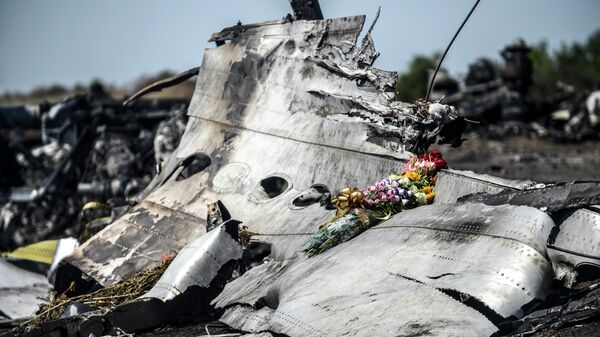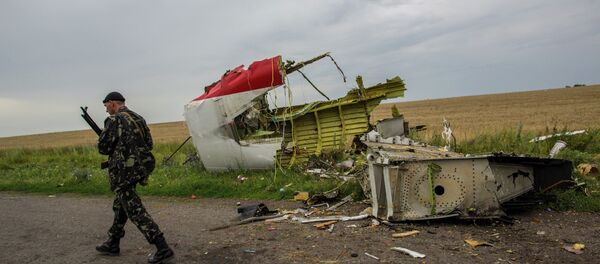The agency considers it necessary to abstain from untimely comments until the publication of the Dutch Safety Board report due on October 13 and urges others to do the same
"The Russian side as an official participant of the investigation commission had received the final draft of the report. We immediately voiced our opinion on the document and our serious objections to some of its conclusions and passed them on to the Dutch authorities,” Storchevoi noted.
"We are open for cooperation and ready to conduct all the necessary experiments and studies, we have all the resources and expertise needed for this. We believe our assistance can play an important role in determining the true causes of this tragedy," Storchevoi added.
The Amsterdam-Kuala Lumpur flight MH17 was brought down on July 17, 2014 over the Donetsk countryside, killing all 298 passengers and crew on board.
Ukrainian government forces and independence militias accuse each other of shooting down the Boeing 777 aircraft.
Preliminary findings by the Dutch Safety Board said the passenger jet broke up in mid-air after being hit by high-energy objects.
In June, Russian arms manufacturer Almaz-Antey published the results of its inquiry into the crash, showing that flight MH17 was downed by a guided missile launched by a Buk-M1 system.
The particular missile has not been produced in Russia since 1999, but remains in service in the Ukrainian Army, according to the manufacturer.



